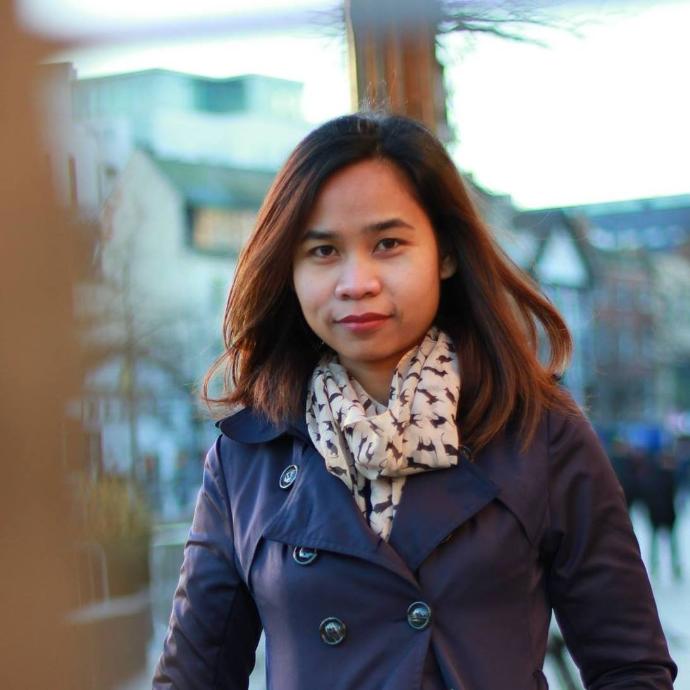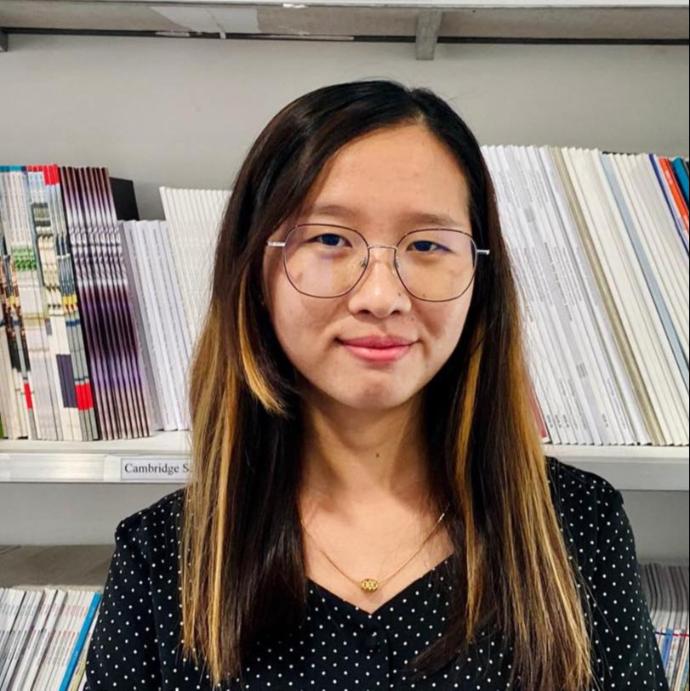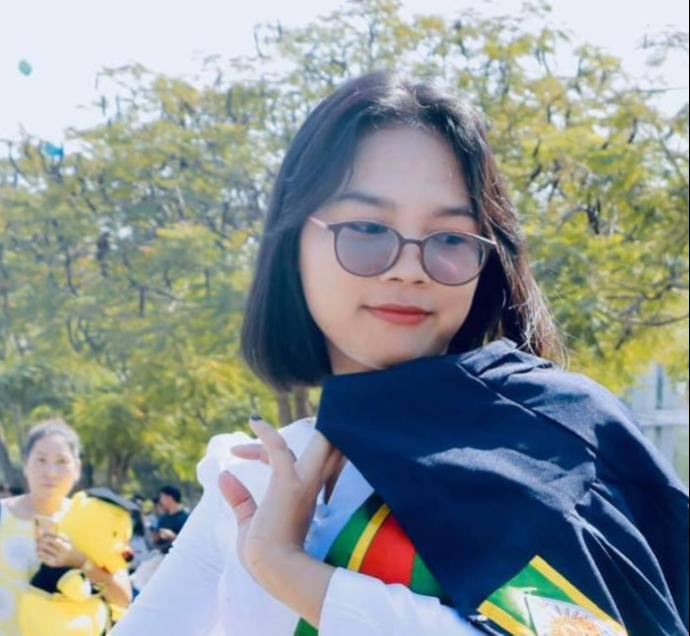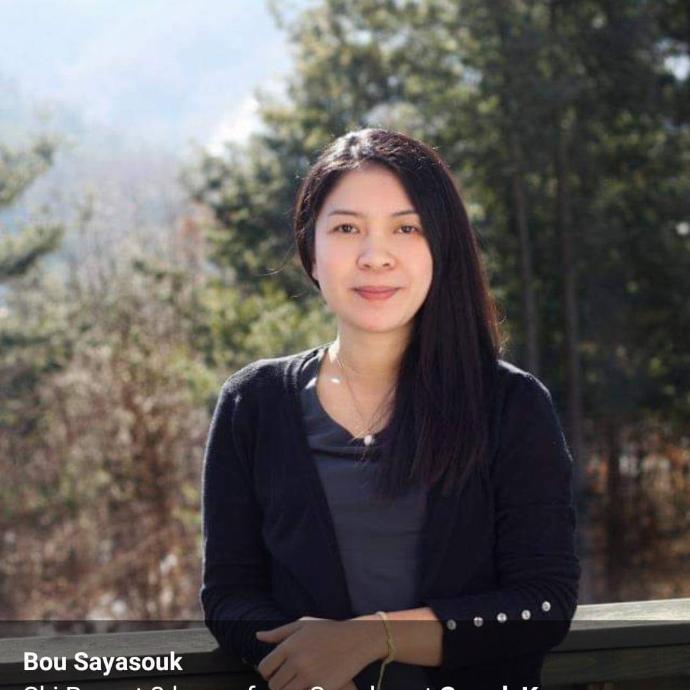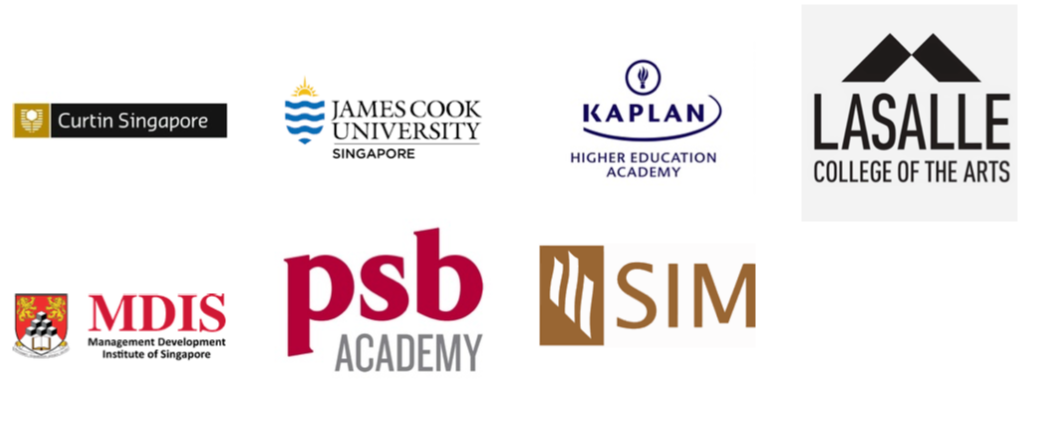- Preschool (Kindergarten):
Preschool welcomes babies and children up to age 6. Preschool is not compulsory, but children attend preschool in order to prepare for primary school.
- Primary School:
In Singapore, compulsory education starts at age 6 or 7. Primary school typically runs from 6 or 7 to 11 or 12, and the curriculum is focused on developing foundational knowledge and skills in various essential disciplines, including English and mathematics.
- Secondary School:
Secondary school welcomes students aged between 11 or 12 to 16 or 17. Essential subjects include English, mathematics, geography, or literature. Secondary schools focus on preparing students for junior colleges or vocational training (polytechnic). At the end of secondary school, most students will have to sit the O-level exam.
- Post-secondary:
Pre-university institutions include junior colleges, polytechnics, and Institutes of Technical Education (ITE). O-level scores will be reviewed by these education institutions to select students.
- Junior Colleges and Centralised Institutes:
This curriculum usually takes two years in a junior college or three years in a centralised institute and welcomes students who have met the entry requirements, including O-level qualifications.
- Polytechnics:
This three-year curriculum typically suits students who wish to pursue practical training or want to access tertiary education but don’t have the O-level qualifications to enter a junior college.
- Institute of Technical Education (ITE):
The Institute of Technical Education offers one to two year technical or vocational courses to students who wish to learn a specific trade or pursue tertiary education.
- University:
To be able to gain access to the university level, students who have completed pre-university education must pass the GCE A Level . Singaporean universities offer a wide range of bachelor’s degrees along with master’s degrees and doctorate degrees.
Bachelor’s degree:
This curriculum usually runs for three to four years.
To enter the Bachelor’s level of studies, international students must provide English test scores, a certificate of secondary school, and have completed a total of 12 years of school. Every institution has different entry requirements so make sure you confirm with them before applying.
Master’s degree: Master’s programs usually take up to two years to complete. Most universities will require a bachelor’s diploma, letters of recommendation, exam scores (GRE/GMAT), and review the candidate’s work experience.
Doctoral studies: Doctoral studies are divided between research and coursework. Each university will usually list specific entry requirements on their website.
